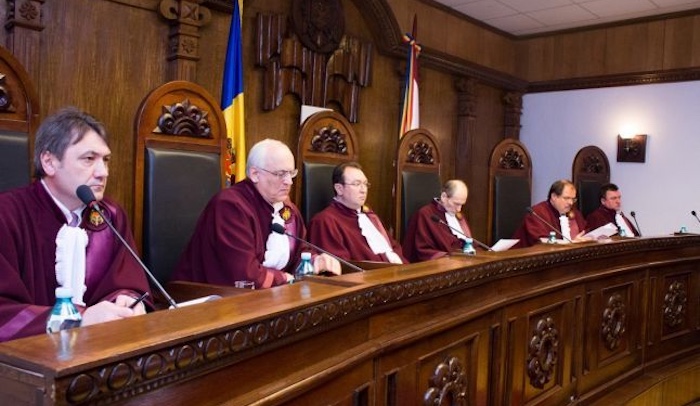Romania’s Constitutional Court on Thursday dismissed a legal challenge filed by President Nicusor Dan against a bill aimed at tightening punishments for antisemitism and hate speech, in the wake of a divisive election that saw a rise in far-right support.
The legislation, passed by Parliament in June, expands existing laws banning the glorification of fascist leaders and symbols, and introduces prison terms for promoting antisemitism and xenophobia on social media. It also increases jail sentences for those creating or participating in racist organisations.
President Dan argued that the bill failed to properly define what constitutes a fascist, potentially leading to arbitrary interpretations by judges. However, the court ruled unanimously to reject his objections.
The ruling comes a day after the Elie Wiesel National Institute for the Study of the Holocaust in Romania released an annual report highlighting a surge in hate speech and aggression targeting Jewish, Roma, Hungarian, and LGBT communities during the recent election season. The report also noted that authorities were more actively enforcing legislation.
In December, Romania cancelled its presidential election following allegations of Russian interference—denied by Moscow—in favour of far-right candidate Calin Georgescu. Although Georgescu was later banned from contesting the re-run held in May, he has since been put on trial for promoting Romania’s wartime fascist leaders. He denies all wrongdoing.
Romania has a dark history of antisemitism, notably during the 1930s when the Iron Guard, a violent far-right movement known for political assassinations and pogroms, rose to prominence. The country was allied with Nazi Germany until switching sides in August 1944.
Follow us on:
